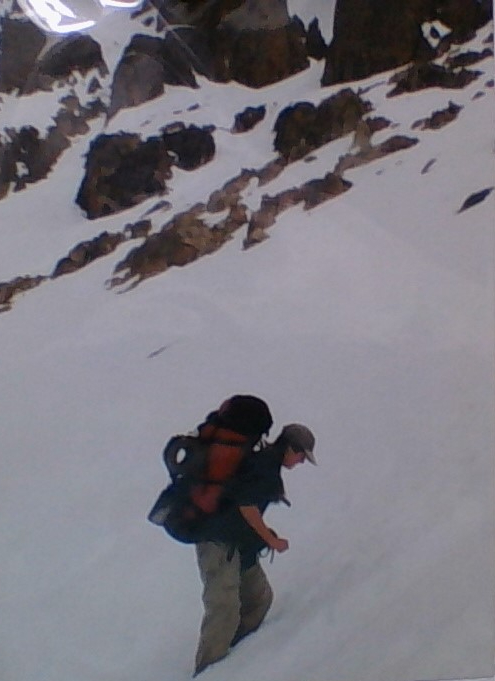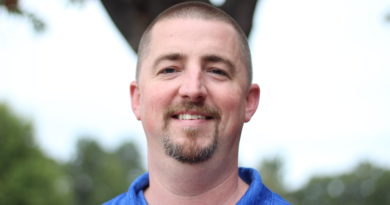Living and learning abroad
From Latin America to Europe, members of the Cedar Shoals faculty have lived and worked abroad, these experiences have altered the way they think, teach, and view the world.
“I hope that when I’m presenting curriculum, I’m presenting it in a way that suggests that I’m not biased towards other cultures or judgmental towards other cultures,” Carly Chandler, science department, said.
Chandler lived in Chiloé (an island off the coast of Chile) and Costa Rica. She went to Chiloé after graduating college to study a unique species of a bird called the Chucao Tapaculo. She says the experience changed her life completely as she fell in love with exploring new cultures. It also made her question our culture in the United States.
“I think sometimes when we don’t leave our own culture, we take a lot of the things that we were taught as truths as the only way to do things and the best way to do things. But when we can go to other people’s cultures, we can reflect back on our own and say, well, maybe that’s not the best way to do it. It taught me a lot about how I see myself and how I see my culture,” Chandler said.
Traveling and experiencing new cultures also changed the life of Michelle Paterick, Marketing and Entrepreneurship teacher, as she was able to broaden her horizons by getting out of her comfort zone.
“Having grown up my whole life in Georgia before I really took a deep dive abroad, the world felt comfortable and small, and this was everything I knew. Experiencing different cultures allowed me to learn in ways that I never thought I would,” Paterick said.
Paterick has lived in various countries, including Honduras and Finland. She helped to start a non-profit organization in Honduras and stayed for over three years. The organization, Real LEDGE, works to improve the quality of education and the futures of young people.

Living in Honduras and helping to start the non-profit inspired Paterick to get her masters in education. She traveled to Finland because of the quality of its education system, studying there for two years before returning home.
Finland and Honduras brought two very different lessons and experiences to Paterick, and she loved both. In Honduras, she learned the values of humanity and connection, as the people there were very warm and friendly. In Finland, while they were friendly, she also learned the value of respecting others’ personal space.
“In Honduras, they invite you into their home, they give you everything they have and they were just so incredible.” Paterick said. “In Finland, I came to appreciate just respecting people’s space.”
Culture shock is common when you go to a different country, and while Spanish teacher Jessica Ward experienced this shock when she studied abroad in Spain, she experienced it more when she came home.
“The culture shock was worse when I came back to the United States. Having to get back into a more structured lifestyle and having to be places on time and you have to do this and have to do that. It’s really hard to re-enter that sort of society and culture and way of life,” Ward said.
Ward says that the general lifestyle in Spain is more relaxed and people don’t rush anywhere. Also, cities shut down when everyone goes home during the workday for a two hour lunch and to take siestas, when businesses shut down for a few hours and people go home to eat lunch, nap, sip coffee and relax. The people are more focused on family and enjoying life rather than work. These influences changed Ward’s outlook.

“I’m much more laid back, I don’t stress out over the silly things anymore, living there really taught me to live in the moment and enjoy life for what it is,” Ward said.
The teachers have tips for students who want to travel abroad, but can’t necessarily afford it. They recommend scholarships, volunteering, prioritizing your resources, doing research about how you can save money while traveling, or if you ever have a job that travels, then getting involved with those projects.
“I think embrace being uncomfortable so that you can see places,” Chandler said.
Paterick says that she can help students if they need advice or any help when it comes to traveling.
“We think of it as like this big impossible task.” Paterick said. “There’s so much doubt and so much fear that comes with taking that step and the leap to travel. But it really is possible.”




